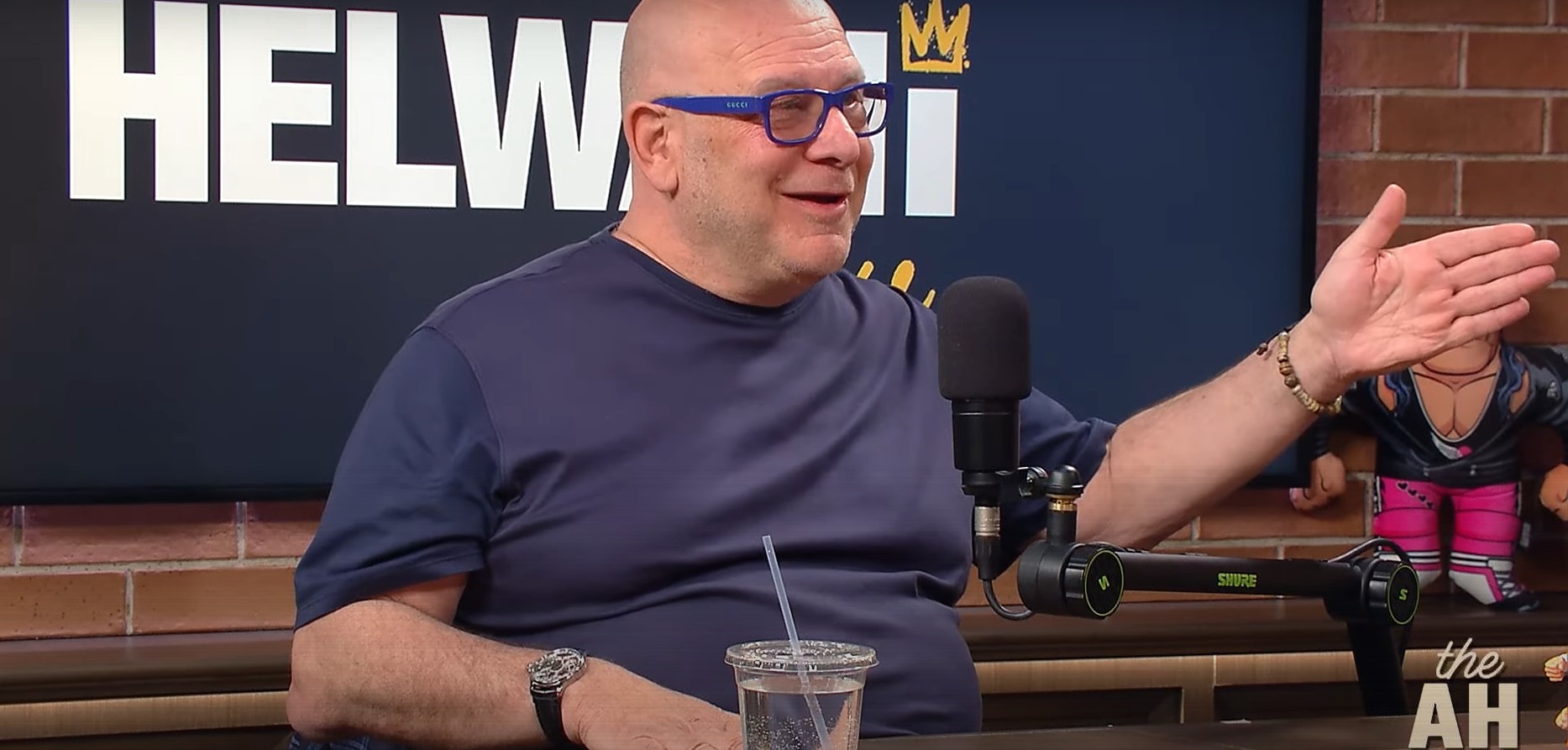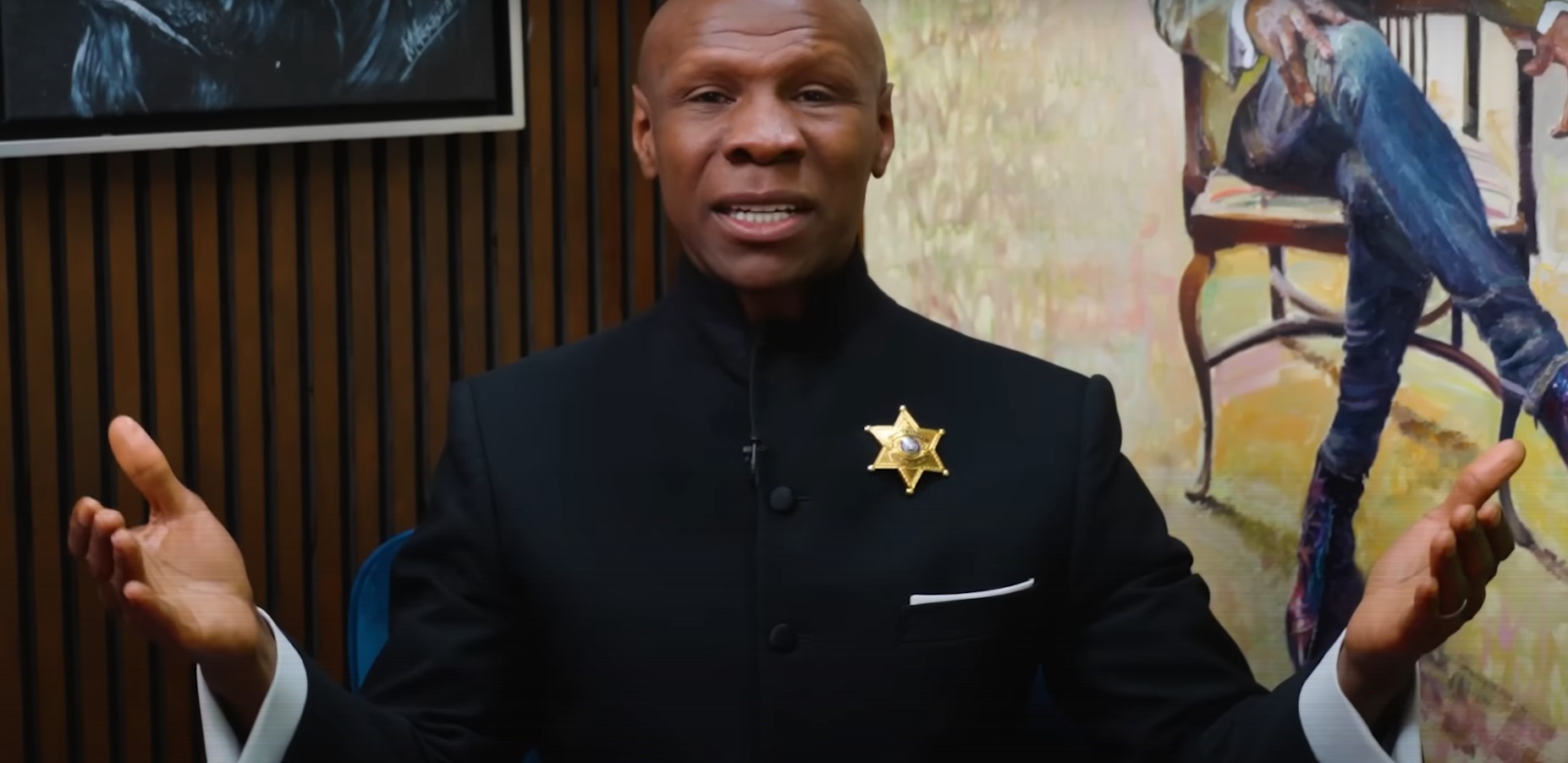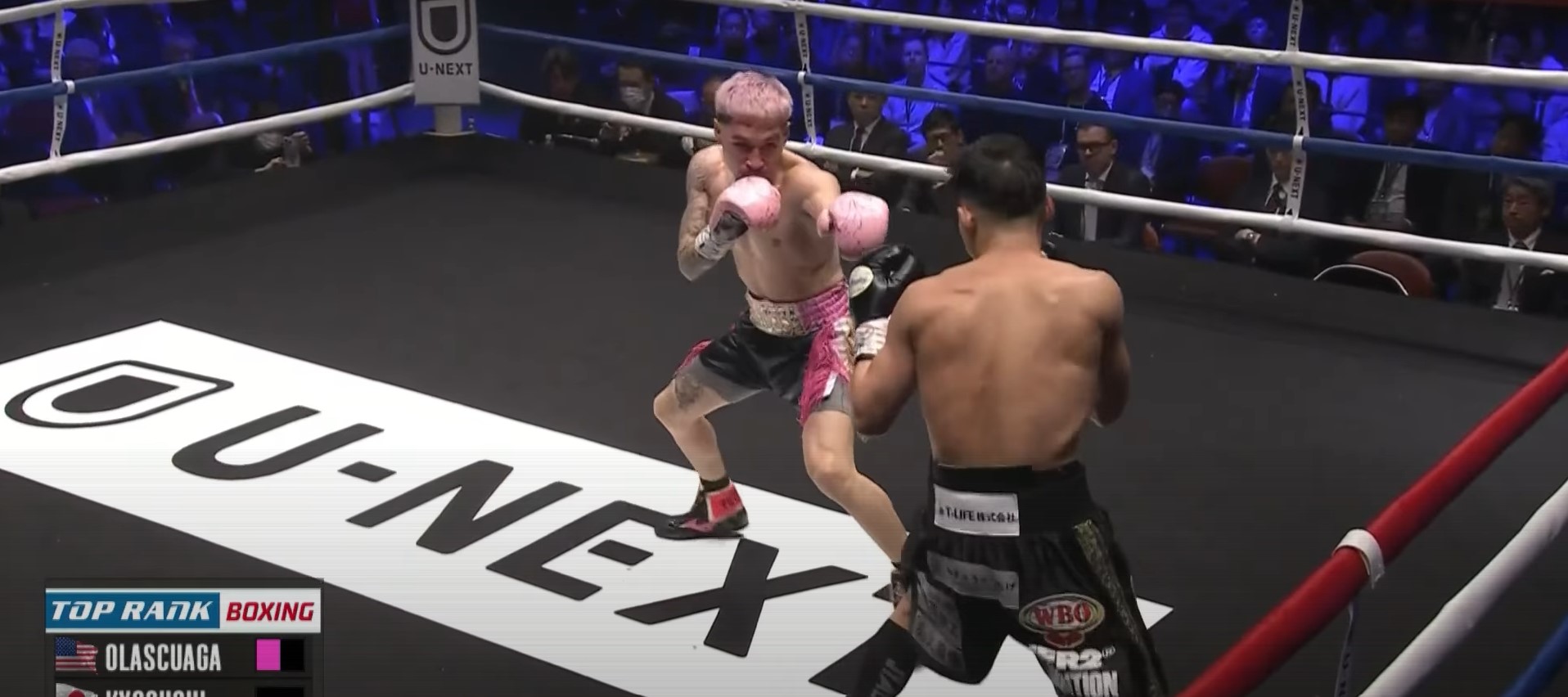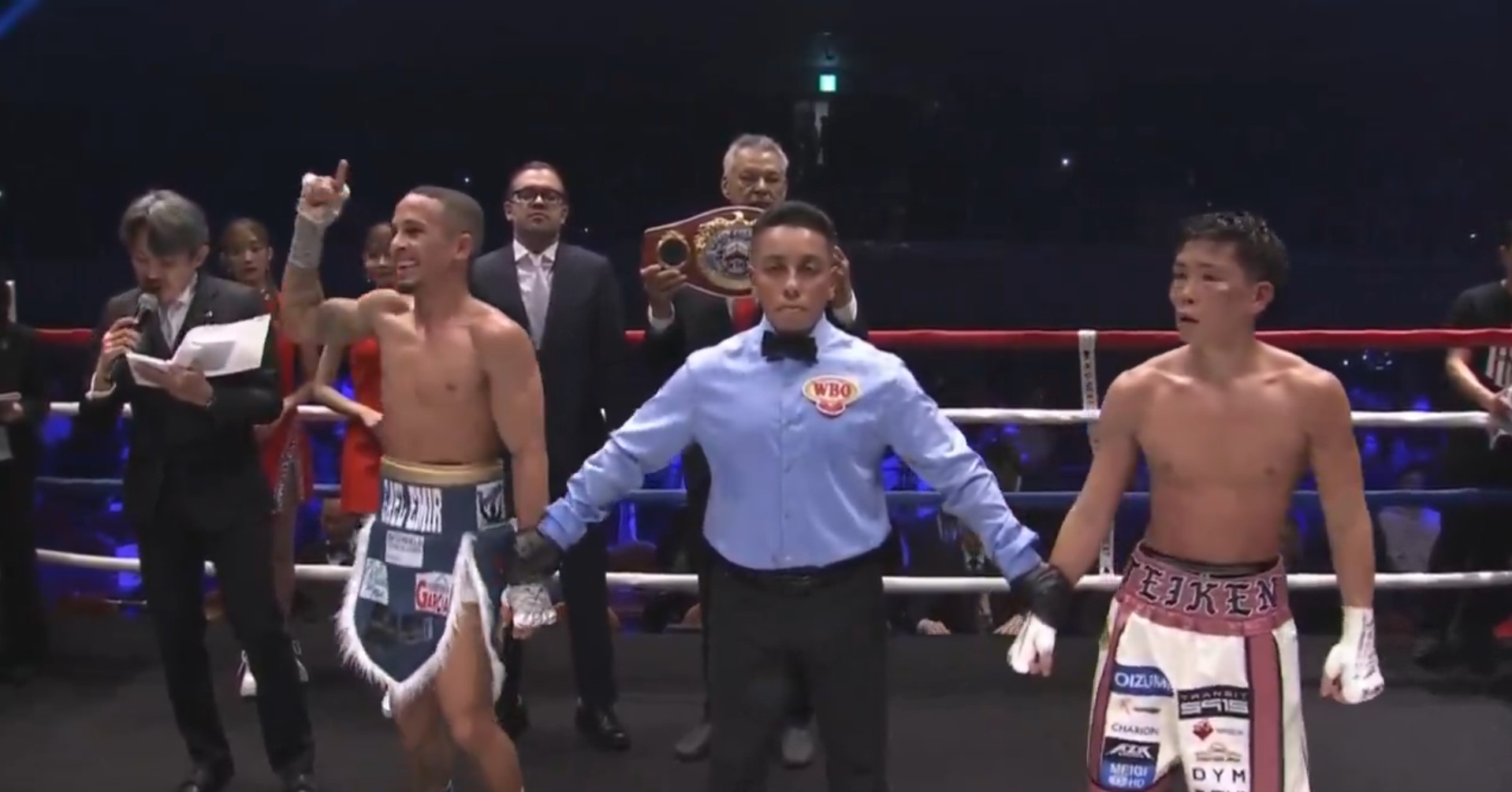During all the intensity and gripping action of a boxing match it’s often overlooked that there is an extra party mixed in amongst all the carnage and bloodshed – he’s part spectator and part law maker. I am, of course, talking about the referee.
Boxing referees play, arguably, the most essential part of any match up and have more pressure to bear than most people tend to realise.
In a sport in which serious injury or worse can occur at any given moment it’s easy to forget that he is not simply a scapegoat ready for the fans’ roasting when they do not agree with a simple decision.
Much like our favourite fighters and world champions it takes years of dedication and building-of-expertise to reach a certain level of recognition amongst their local, and possibly wider, boxing community.
But it could be said that anyone can simply learn the tricks of the trade required to succeed in any field.
This, by proxy, would mean that all in-ring enforcers are all the same – clones bred from the same background and fed the same manuscript in order to do their job.
Which of course we know is not true. Some stand out above the rest for good reason, others suffer repeated verbal lashings from fans and corner men when they fall below the necessary standards.
A mastery of the rules of the sport is an absolute given – any referee that steps into a boxing ring, amateur or otherwise, is putting not just the result but also the fighters themselves at risk if he isn’t clued up on every aspect of the job.
Surprisingly, in moments mostly reserved for laughable YouTube highlight reels of small-time fights, it looks as though some referees were plucked straight from the crowd – in other words, they don’t have a clue.
It’s even shocking sometimes to see some of the actions (or lack thereof) taken by so-called ‘professional’ referees. But let’s not name names.
As you will be aware, however, there is wriggle-room when it comes to certain rules the referee must take charge of – the infamous ten count being the most cited. According to the British Boxing Board of Control:
“The timekeeper shall count off the seconds strictly in accordance with his watch.”
This presents an element of controversy – just by looking at any knockdown we can tell that, nine times out of ten, neither the referee nor the timekeeper are counting in exact seconds.
It’s an ambiguous ten count made at the referees discretion, which I’m absolutely fine with as long as the count has some form of haste to it and doesn’t drag beyond the point of becoming a joke.
There are countless instances where long counts have ruined what could have been great fights. I imagine somewhere between ‘seconds’ and ‘Mississippis’ is an ideal time frame.
Another gripe many fans have with referees is the resistance many refs have in allowing fighters to fight on the inside.
For some fighters, this style is the one they were brought up and trained with and in most instances does not contradict any rules.
Unless a fighter is intentionally gripping onto his opponent or one of his arms I see no reason why they need to be separated, but some referees simply can’t resist – Joe Cortez and his handling of the Hatton/Mayweather super-fight is a major example from my own viewing experiences.
There are even those select few referees that will physically intentionally interfere with fighter’s positioning without breaking the action. This, to me, is dangerous and shouldn’t be allowed to happen.
When boxing referees lose control – hat tip and credit to the folks at Editinking YouTube:
On the other hand, there are those referees who will allow a contest to stretch twelve rounds with both men mere millimetres from each other’s forehead.
As long as they avoid the above, there’s nothing wrong with that. These are the kind of referees I admire, often the old fashioned ‘no-nonsense’ types.
You can still keep it on the inside and keep it clean.
Then, of course, comes possibly the most important role a referee can play in a fight – knowing when to stop the contest.
While enforcing the rules is the most obvious use of a referees time, in many cases they are the only line of defence to stop this great sport turning into the stuff of nightmares.
We’ve seen some truly disturbing results of prolonged damage in recent times, most notably the loss of Mike Towell this year.
Naturally there are instances where stoppages come all too early or controversially, but that’s a subject for another time.
I dread to put myself in that situation – having to make the decision to halt the action and save someone from potentially life-threatening punishment, especially if the result of the match held great bearing over the future of said fighter’s career.
Then again, if you don’t keep a level head and let the jeers of the crowd get to you, you might hesitate and cost someone their career in a wholly different way.
There is a very fine line between offering a fighter the benefit of the doubt and leaving it one monstrous blow too late and I pray I’m never in a position to have to make that call.
I think that’s why, as a long-term boxing fan, I tend to offer more respect to referees than the average fan. While they aren’t the ones taking the punches, they always have to take their own form of punishment.
Micky Vann, Tony Weeks, Kenny Bayless, Mills Lane are but a few men who have performed their duty with outstanding professionalism and consistency and are a credit to their craft.
No matter the result criticism is inescapable for the humble boxing referee. Some valid, most unwarranted. But the important thing to remember is this:
Three men stand alone in that ring, not just two, and none of them come away unscathed. Much respect to the boxing referees.




